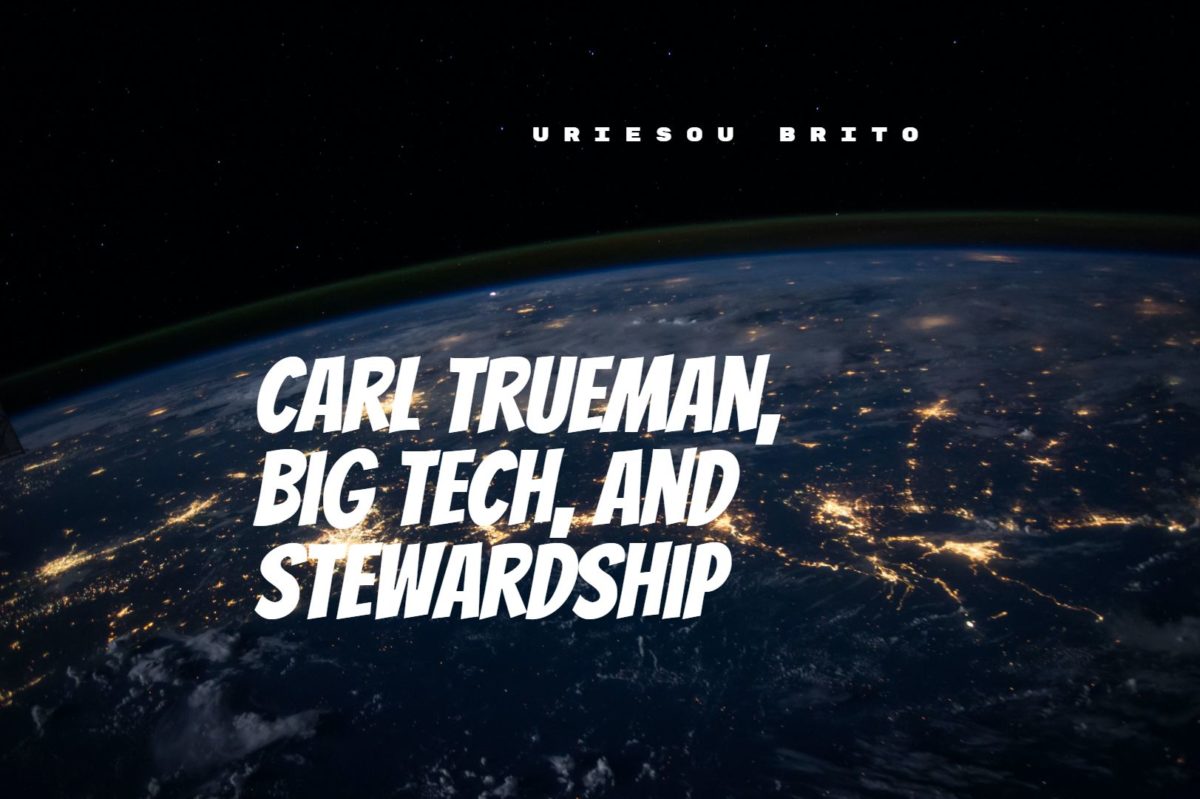Carl Trueman, whose crankiness is unparalleled, but whose book “The Rise and Triumph of the Modern Self” has shaped my understanding of the current social imaginary in a way few other books have, offers his opening essay at WORLD—Al Mohler’s new online magazine. And while this previous sentence is rather long, like something Alistair Roberts would write, I still find it somewhat compulsively helpful as a book recommendation. But enough about me, as a self, rising and triumphing over stuff.
The real purpose of this short monologue is to summarize Trueman’s good work in his essay, which echoed some of the themes from his excellent book (I have taken some themes in his book to develop two upcoming essays on individualism, which should find publication fairly soon). Trueman focuses his attention on the real threat of the tech revolution. Though the article was written a few days ago, it has become even more pertinent as a synopsis of things since yesterday’s Facebook apocalypse. The good thing is that while the world burned for a few hours, I had the chance to read some C.S. Lewis and was reminded that he would never have survived this age. He would have ridiculed us for being so puny in our thoughts and so trivial in our interests.
I have tried to navigate this season with lots of thoughts and words, attempting to build a framework for thinking about Church and family life and our engagement with the g’ubament. Still, that relationship is so intertwined that sometimes I believe Trueman’s pessimism is warranted. Technology is the assistant to the regional manager, and we are all Michael Scotts trying to rationalize how to do life with an obnoxious servant who is always on our case. And speaking of amillennial pessimists, Trueman summarizes quite well the purpose of technology in our universe:
“It mediates reality to us, and in doing so, it reshapes how we imagine the world and our place within it.”
We must be in some myopic state if we can’t see how these things shape our children and even our own lives. If COVID taught us anything is that we were ripe to abandon bodily community, bodily worship, and bodily health. We were re-shaped by the nature of technology while we argued that technology is neutral. We pornographied ourselves to death, and we failed to love our basic commitments.
I agree with Trueman that this monologue is not some “Luddite polemic against technological change” and that the question of technology is ultimately one of stewardship. But since that’s the case, can we all agree that we are terrible stewards? We have allowed technology to rule over us, and we have complied with “simplistic soundbites” to fuel its thirst for power.
I am left as Trueman with few answers, except that “…being aware of the problem is a start” and giving my teenage daughter an Instagram account is stupid and allowing them to navigate these technological waters when the vast amount of experienced Christians can’t get through one day without some techy convulsion after an hour or two of delay is to expect the obvious.
Trueman agrees that government intervention on big tech is not the answer, and I go a step further–as usual–to assert that government intervention is the problem if we think that Biden can flirt with Zuckerburg without producing some catastrophic byproduct of their union. We can’t articulate a technological philosophy via statist intervention. We need to work these things out like a sweet family, which is to say we will have some tough conversations in the days and weeks ahead about what this whole endeavor has done to our imagination.
But the last piece of wisdom from Captain Cranky Cranks is a real fine one which I have articulated but never so eloquently:
“To be human is to be present with and for others—as anyone who has ever been at the bedside of a dying loved one knows. No app is adequate in that context.”
Perhaps the first Christian answer to tech’s triumph over the self is to kiss your kids and drink your coffee black, to love to your wife and turn off the cell after dinner.
















